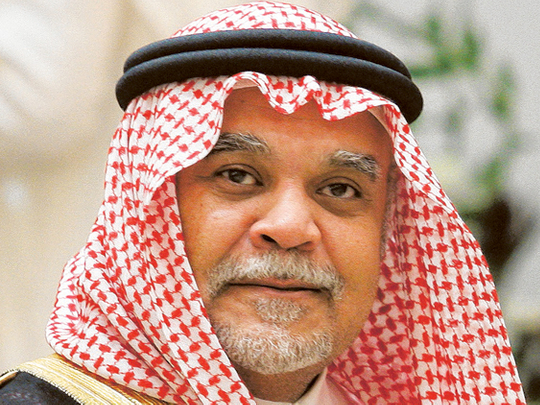
Washington: US Defence Secretary Ashton Carter will travel to Saudi Arabia as part of the Obama administration’s efforts to convince sceptical allies in the region about the benefits of the Iran nuclear deal, National Security Adviser Susan Rice said on Wednesday.
Carter’s trip next week, which the White House already announced will include a stop in Israel, is one of several initiatives President Barack Obama and his staff are taking to sell the controversial deal at home and abroad.
Rice gave a strong indication that some of Iran’s stockpile of enriched uranium would be shipped to Russia as a result of the historic deal, saying the United States would not be concerned by that.
“It can be shipped out to a third country, like Russia.
That’s probably the most likely means ... Russia has its own fissile material, it’s handled it appropriately, we’re not concerned about that,” Rice said.
She dismissed concerns that Iran could hide nuclear material during the 24-day waiting period triggered under the pact if its signatories raise suspicions about military or other sites.
Rice said the deal obligated Iran to allow UN inspections of any suspicious sites if five of the eight signatories to the agreement demand it.
The signatories include the United States, Britain, France, Germany, Russia, China, the European Union, and Iran.
Meanwhile, Saudi Arabia’s Prince Bandar Bin Sultan, a former head of the kingdom’s intelligence services and its veteran ambassador to Washington, has said Iran’s nuclear deal will allow it to get an atomic bomb and “wreak havoc in the region”.
Writing in Lebanon’s Daily Star on Thursday, Bandar, who left office a year ago after orchestrating Saudi aid for Syrian rebels against Iran-backed President Bashar Al Assad, said that Arabs were now turning away from the United States.
“People in my region now are relying on God’s will and consolidating their local capabilities and analysis with everybody else except our oldest and most powerful ally,” he said in the opinion piece.
Riyadh’s public response to the deal was a short statement late on Tuesday that said it backed any agreement that would stop Iran getting an atomic bomb, but stressed the importance of strict inspections and the ability to reimpose sanctions.
Privately, officials and Saudi media with close ties to the ruling family have railed against the deal as likely to embolden Iran to give more backing to regional militias.
“The strategic foreign policy analysis, the national intelligence information, and America’s allies in the region’s intelligence all predict not only the same outcome of the North Korean nuclear deal, but worse,” he wrote, referring to Pyongyang’s successful development of an atomic bomb.
It is not clear if the prince, a nephew of King Salman Bin Abdul Aziz Al Saud, plays any role in Saudi policymaking since he was replaced as intelligence chief in 2014. Saudi sources quoted him in late 2013 as attacking US President Barack Obama’s approach to the Middle East.
“It will wreak havoc in the Middle East which is already living in a disastrous environment, whereby Iran is a major player in the destabilisation of the region,” Bandar said.
—Reuters












